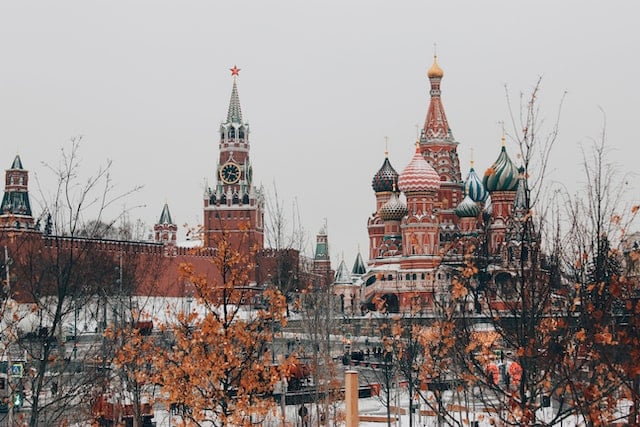
Last month, Russia’s Duma (lower legislative assembly) adopted a bill that forbids the use of foreign words in Russian, unless there is no commonly used Russian equivalent.
Moscow is looking to protect the Russian language from the increased adoption of foreign words, which it believes has become excessive and a threat to the language. To maintain the usage of words, a list of what is acceptable is to be kept in a regulatory dictionary that citizens will be able to access. The bill also provides for the improvement of mechanisms that ensure the status of the Russian language as the official state language.
The aut will increase the overall level of literacy of citizens and the correctness of the use of the state language and that it will ensure control over the quality of preparation of a “single corpus” of grammars and dictionaries.
The bill to ban the use of foreign words in the Russian language is the latest attempt by the Kremlin to limit Western cultural influence and is reminiscent of France’s 1994 Toubon Law, which made the use of French mandatory in all TV broadcasts and which forced the adoption of French words for many Anglo technical terms, such as email, which was replaced with courrier électronique.







